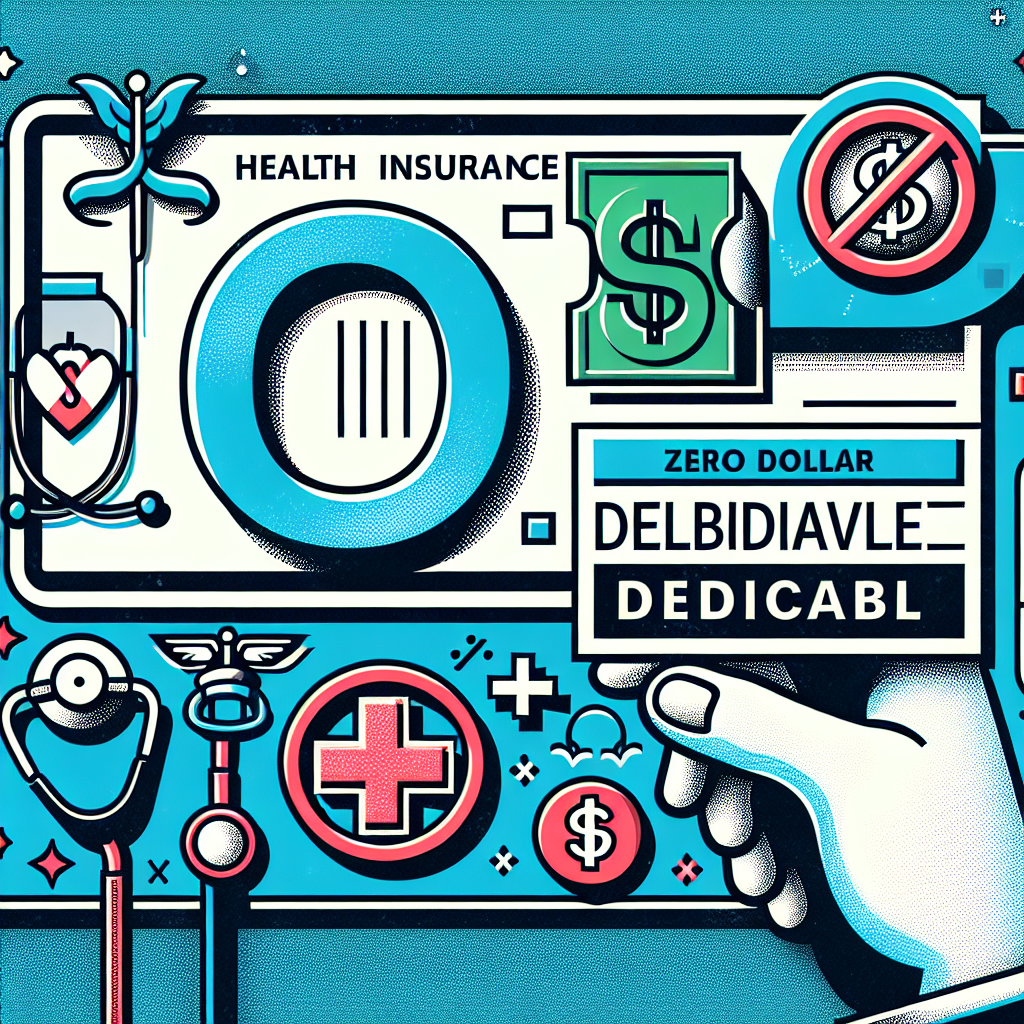Filed under Business Insurance on
Essential Hospitality Business Insurance Coverage

The hospitality industry is known for its dynamic and fast-paced environment, an alluring sector that caters to an array of consumer needs and experiences. Yet, despite its appealing exterior, the industry is fraught with challenges that necessitate comprehensive protection. Ensuring your hospitality business is adequately insured is not only a wise decision but an essential one to safeguard against unforeseen liabilities.
Understanding the Importance of Hospitality Business Insurance
Hospitality business insurance acts as a protective shield, covering various risks that businesses can face. From hotels and restaurants to event planning companies, each entity within the hospitality sector carries unique risks. These risks can range from property damage and guest injuries to employee-related incidents and data breaches. Proper insurance coverage ensures that these potential pitfalls do not turn into financial disasters.
Why Customized Coverage Matters
One size does not fit all when it comes to insurance for hospitality businesses. The diversity within the sector means that insurance needs vary significantly. A bed and breakfast, for example, will not face the same risks as a large hotel chain. It’s crucial for business owners to work with insurance professionals who understand the unique characteristics of their operations. Customized coverage allows businesses to focus on growth and customer satisfaction without the constant worry of unexpected incidents.
Key Components of Hospitality Business Insurance
Understanding the essential components of hospitality business insurance is critical for establishing a strong defensive shield. Here's a breakdown of key insurance coverages hospitality businesses should consider:
Property Insurance
Property insurance is a foundational element of hospitality business insurance. This coverage protects the physical assets of a business, including buildings, furnishings, and equipment, from damage caused by events such as fires, thefts, or natural disasters. Given the heavy investment in property and equipment in the hospitality sector, having comprehensive property insurance is non-negotiable.
General Liability Insurance
In an industry that deals directly with the public, liability insurance is paramount. General liability insurance protects a hospitality business from legal claims that may arise if a guest is injured on the premises or if there is damage to someone else's property. This coverage typically handles legal fees, medical expenses, and any settlements or judgments.
Business Interruption Insurance
Unexpected closures or operational interruptions can severely impact the bottom line. Business interruption insurance provides compensation for lost income when a business is forced to halt operations due to a covered event, such as a fire or natural disaster. This insurance helps bridge the financial gap during down times, ensuring that businesses can recover and resume operations swiftly.
Workers’ Compensation Insurance
Ensuring the welfare and safety of employees is another critical component of hospitality business insurance. Workers' compensation insurance covers medical expenses and lost wages if an employee is injured on the job. This coverage is not just a legal requirement in many regions but also an ethical imperative for businesses that prioritize employee well-being.
Liquor Liability Insurance
For businesses that serve alcohol, liquor liability insurance is a must-have. This type of coverage protects against claims that may arise from incidents involving alcohol, such as a customer becoming intoxicated and causing harm to themselves or others. Given the significant financial and reputational risks associated with alcohol-related incidents, this insurance is crucial for bars, restaurants, and hotels that serve alcoholic beverages.
Cyber Liability Insurance
In the digital age, cybersecurity is a growing concern for businesses across all industries. Hospitality businesses in particular handle sensitive customer information, including credit card details and personal data. Cyber liability insurance protects against data breaches and cyberattacks, covering costs associated with data recovery, legal fees, and customer notification processes.
Aligning Insurance with Industry Trends
Keeping pace with evolving industry trends is essential to maintaining comprehensive insurance coverage. Below are some emerging trends that hospitality businesses should consider when reviewing their insurance needs:
Sustainable Practices
With growing consumer awareness around sustainability, many hospitality businesses are adopting environmentally friendly practices. Insurers are increasingly offering specialized policies that account for sustainability initiatives, such as green building certifications and eco-friendly equipment, ensuring coverage aligns with these new business models.
Enhanced Security Measures
The emphasis on guest safety has never been greater, with many businesses investing in advanced security systems. Insurance providers may offer premium discounts or additional coverage for businesses that implement modern security technologies, such as surveillance cameras and secure access systems.
Technology Integration
The integration of technology in customer interactions, booking systems, and property management has transformed the hospitality industry. However, this also introduces new risks related to data privacy and cybersecurity. Ensuring that insurance policies cover technology-related risks is important for safeguarding both digital and physical assets.
Expert Opinions and Professional Guidance
Ensuring that your hospitality business is well-insured requires a strategic approach and understanding of the specific risks involved. Industry experts often recommend conducting thorough risk assessments to identify potential vulnerabilities. Working alongside seasoned insurance professionals can provide valuable insights into the complexities of hospitality business insurance, helping tailor coverage to your unique needs.
According to John Smith, an insurance expert with over 20 years of experience in the hospitality sector, "Businesses should regularly review their policies, particularly when expanding services or introducing new operational elements. The hospitality industry is constantly evolving, and ensuring that your coverage evolves alongside it is crucial for long-term success."
Conclusion
In conclusion, possessing the appropriate hospitality business insurance coverage is not merely a prudent strategy but an essential aspect of operational resilience. Ensuring a comprehensive understanding of the various insurance components can significantly enhance a business’s ability to withstand and recover from unforeseen incidents. By tailoring insurance policies to meet the distinct needs of their operation and staying informed about industry trends, hospitality business owners can pursue success with confidence, knowing their establishments are well-protected against potential risks.





